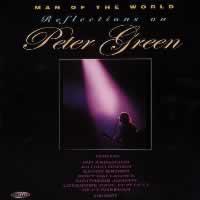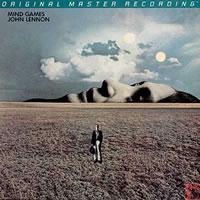Album Reviews
Sort By: Post Date TitlePublish Date
|
Nov 01, 2005
|
Nov 01, 2005
|
Nov 01, 2005
|
Nov 01, 2005
|
Oct 01, 2005
|
Oct 01, 2005
|
Oct 01, 2005















